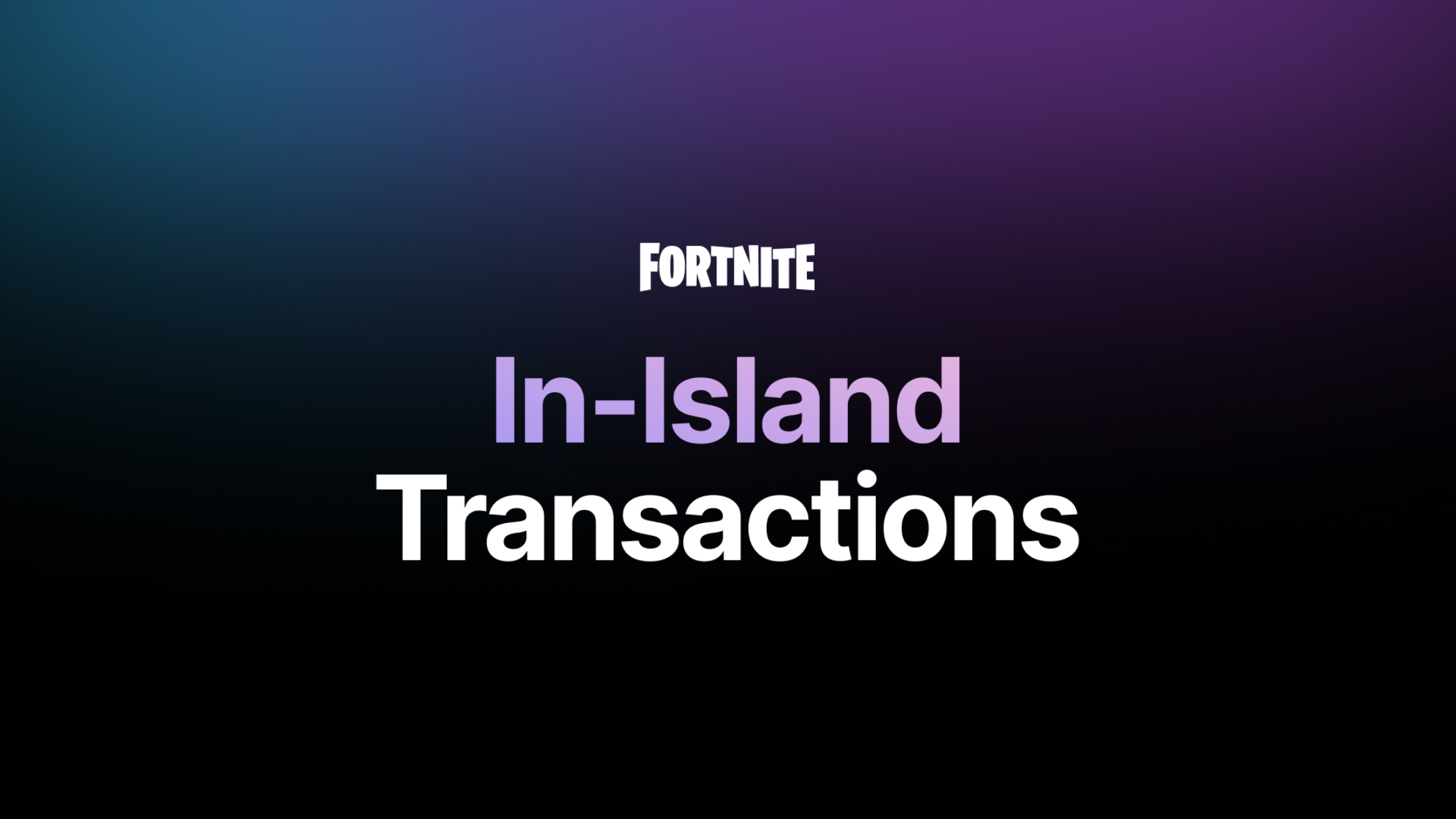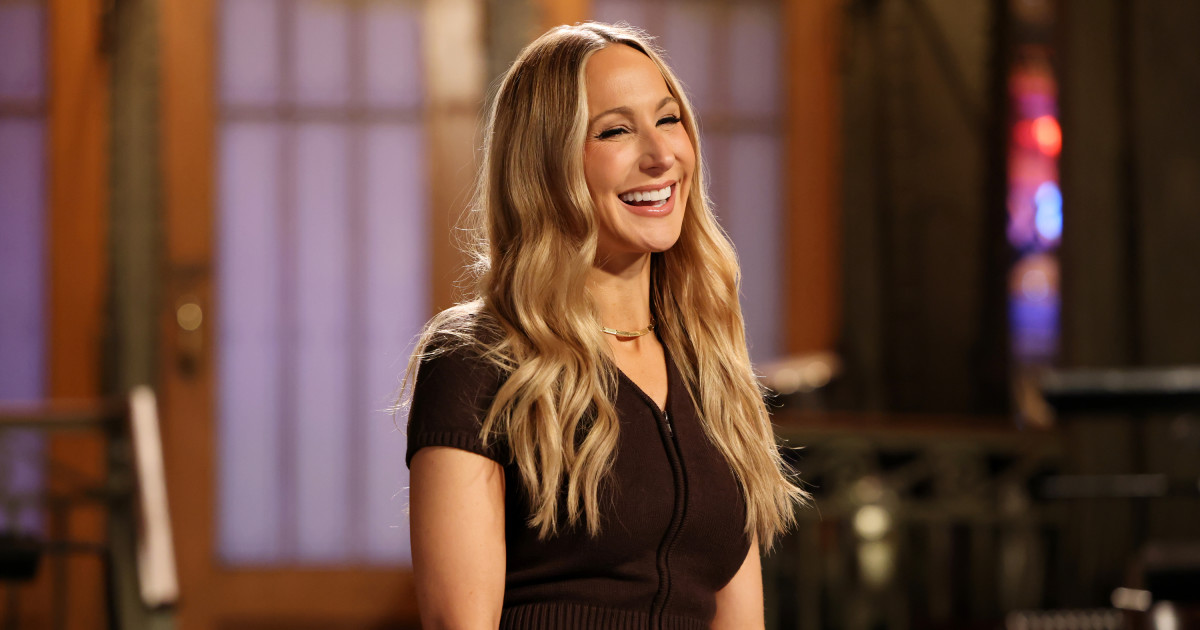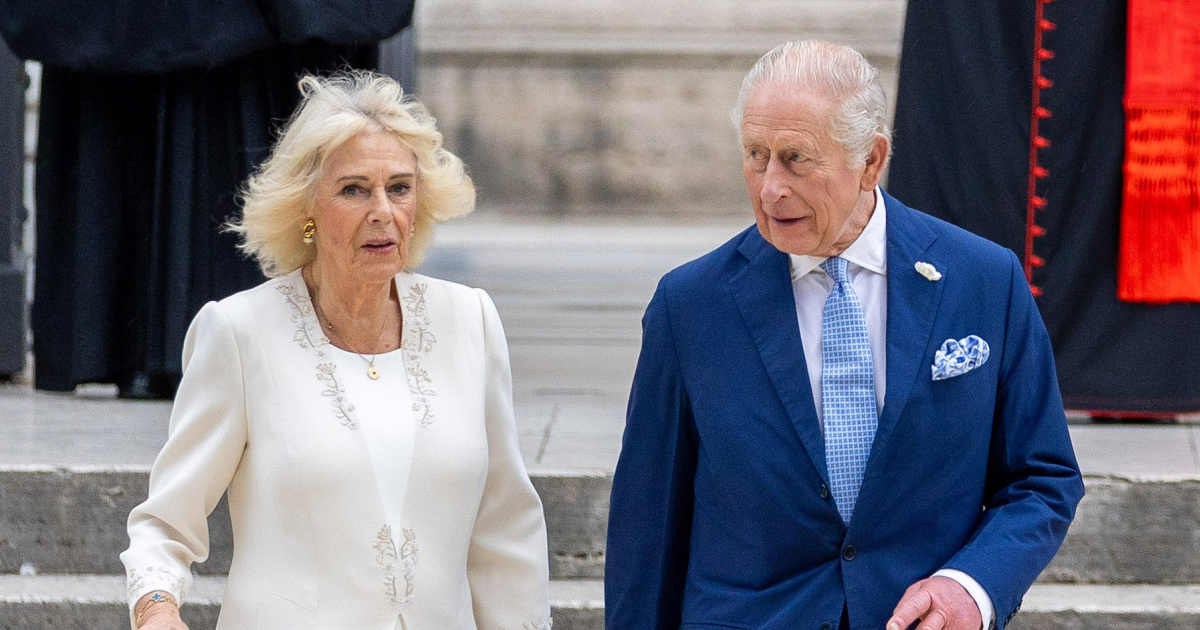Copyright Wccftech

Shortly after a report from Insider-Gaming pointed to a leak claiming that Epic Games would let Fortnite Island creators add gambling mechanics to their islands, Epic published a blog post announcing that Fortnite Island creators start testing in-island transactions, with creators capable of selling permanent items, consumables, and loot-box-style "paid random items (items that provide a chance to receive a random reward)." The ability to sell items within a Fortnite Island is currently in a preview phase within UEFN, and at the time of this writing, it can only be tested in unpublished projects. The ability to add them to published projects is coming later, though Epic did not clarify when that would be. It's the latest evolution of Fortnite inching closer to Roblox in terms of how it handles user-generated content. When the feature is live and available to be included in published projects, players will be able to purchase items for islands using V-Bucks. Ahead of that, Epic has updated its developer rules and included new documentation to address how it will handle in-island transactions. Here's a list of what creators can sell within their islands: Durable items (items players can buy once that don’t expire over time, persistent across sessions within an island experience) Consumable items (items that deplete when used in-game, may be persistent across sessions) Items with gameplay elements, including those that share a visual overlap with approved Fortnite cosmetics categories (e.g. “Boots of Speed”, “Jetpack”) Bundles or collections of durable, consumable and gameplay items Paid random items (items that provide a chance to receive a random reward) New parental control will let parents decide if their child can acquire paid random items in regions where these are available to players. Custom passes, progression systems, and paid areas The fifth bullet point, the one regarding "random rewards," is arguably the most concerning one, because it's essentially a loot box that creators can begin selling to players, but it is at least good to see that it's not an item that players will be able to purchase by default, at least for players who have their accounts under parental controls. It's also worth noting that cosmetic items, items that contain visual overlap with other Fortnite cosmetics, items that try to undercut Epic's pricing for items it makes, physical products, experience points, and anything that takes the transaction off-platform with an external checkout process are all things that cannot be sold and are disallowed under the new terms for in-island transactions. Even with those kinds of transactions disallowed, the concept of in-island transactions could have a major impact on Fortnite Islands and the culture surrounding them within the Fortnite community. It'll be interesting to see how the game is changed once the feature is fully implemented, and for now, it's arguably good to see Epic Games taking what appears to be a measured approach to the feature, even if it is adding loot boxes.



